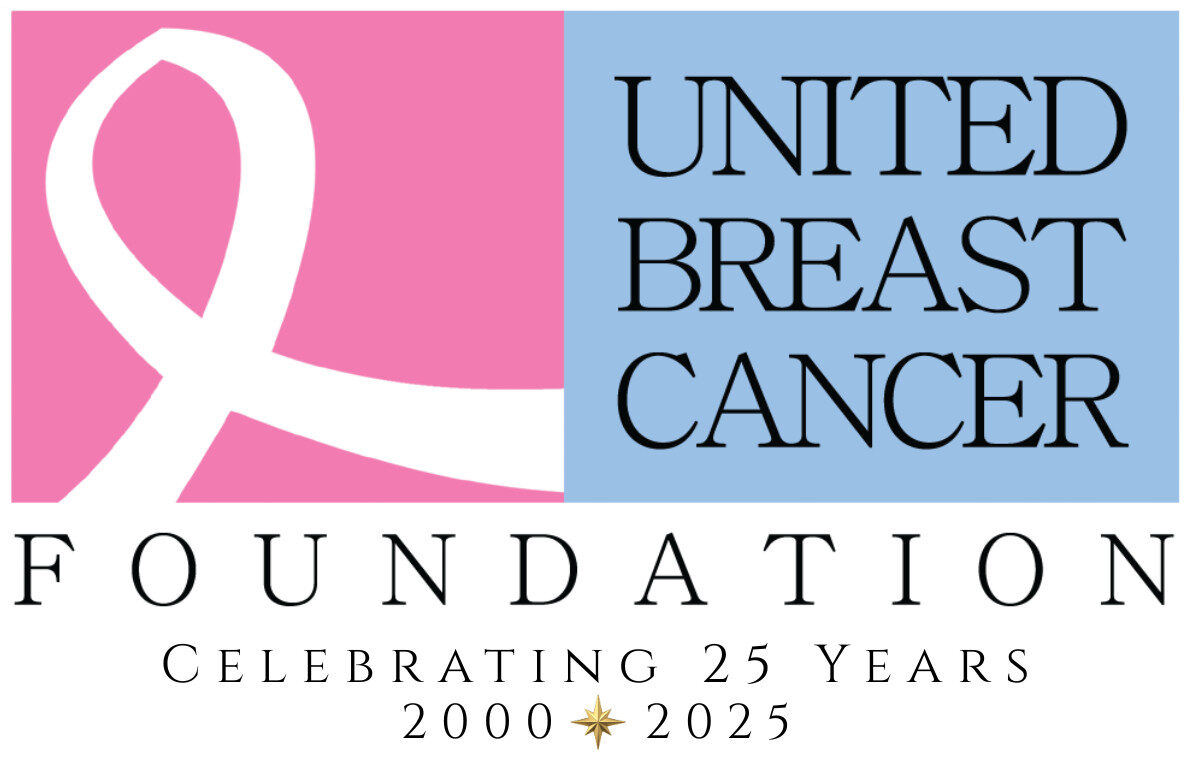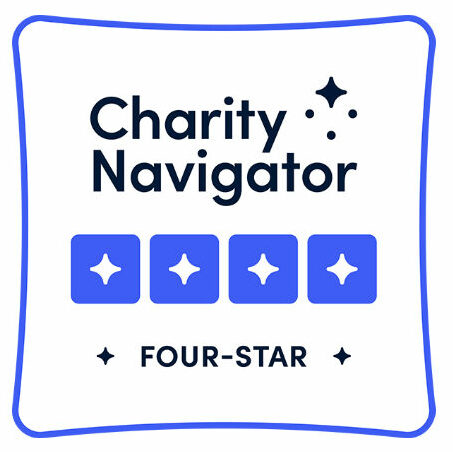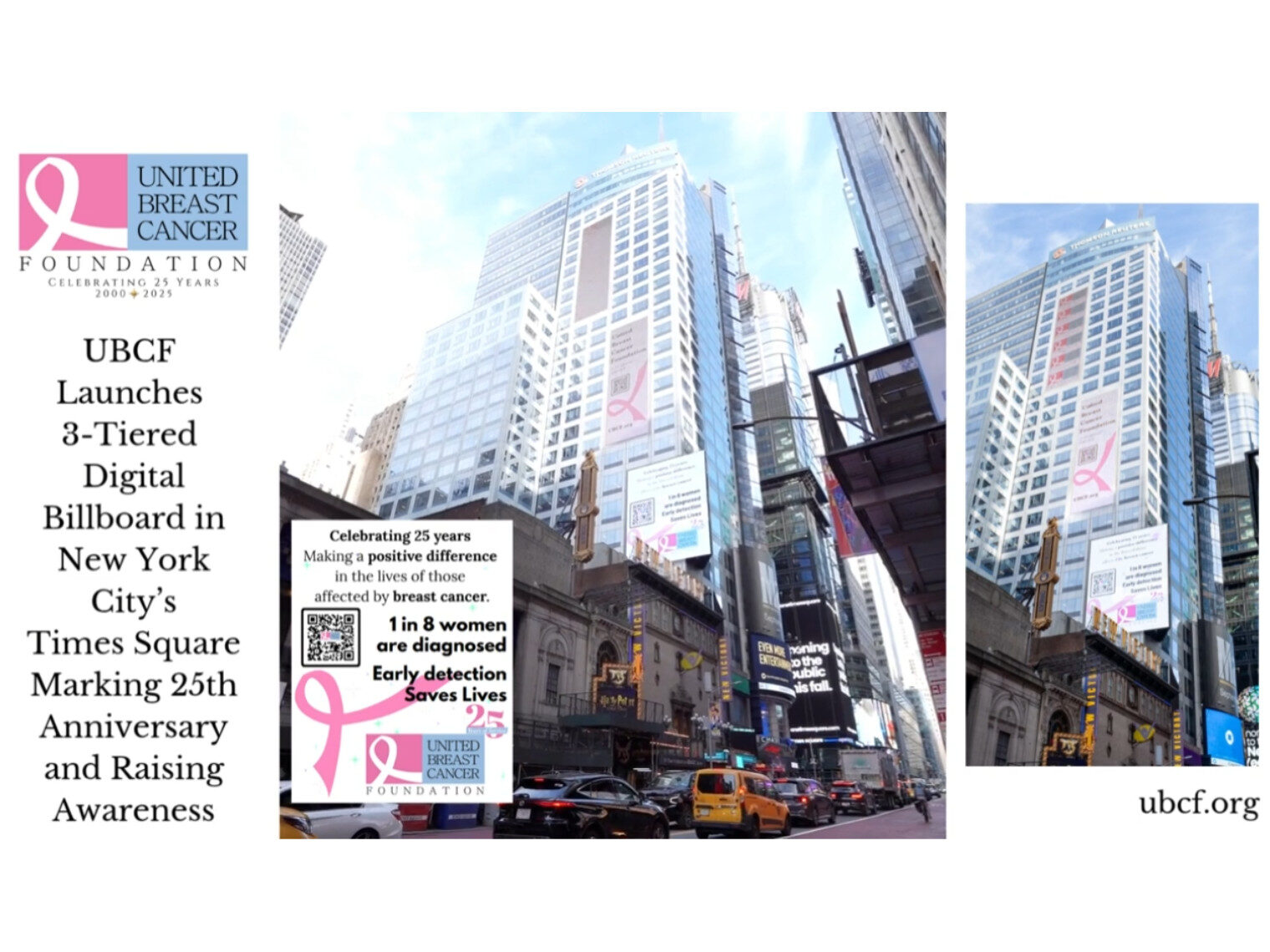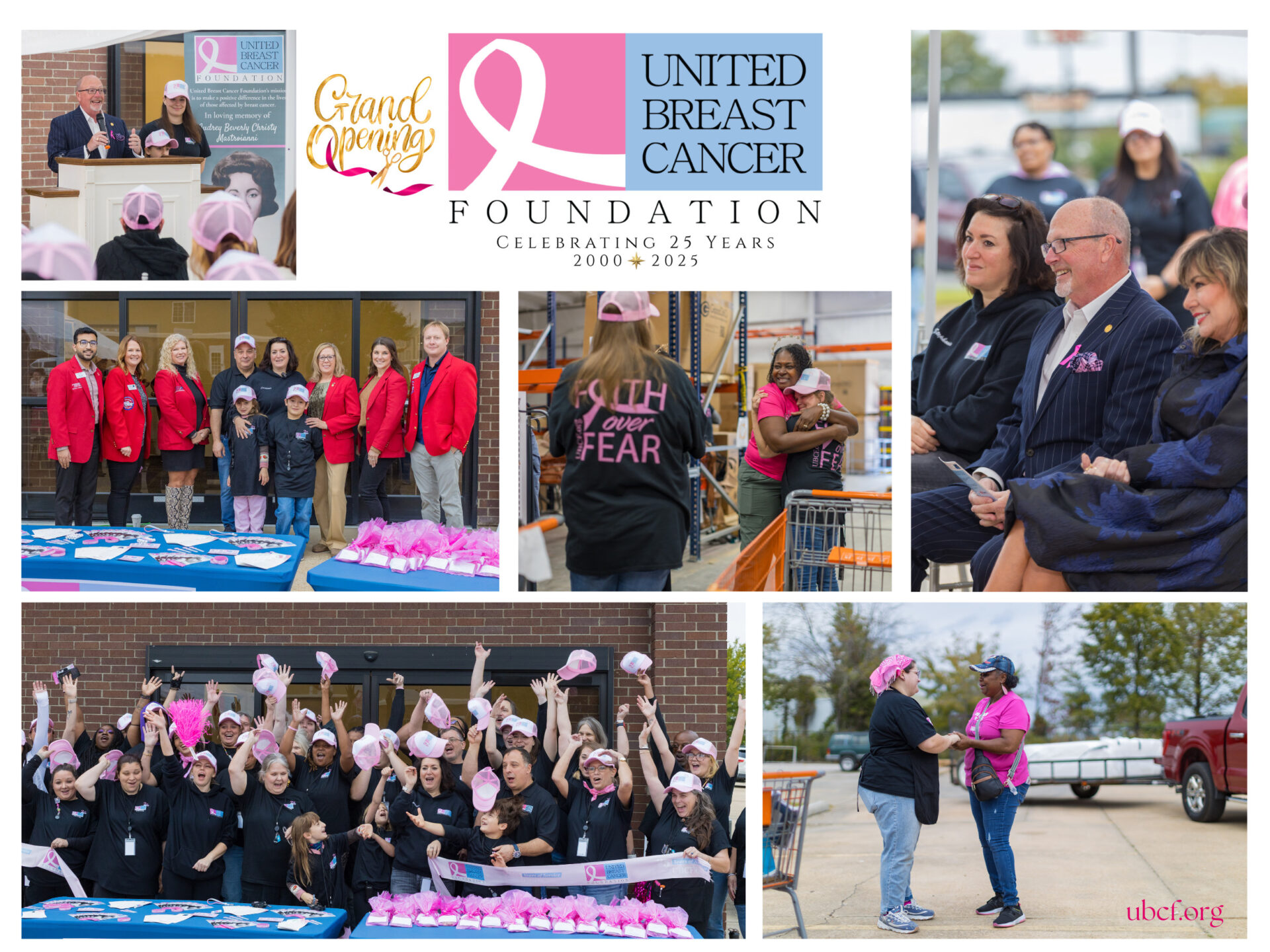“The best wealth is health.”
– Virgil
Beating breast cancer is a marvelous feat and every woman who has done so deserves a standing ovation. However, breast cancer recurrence is real; every woman who beats breast cancer should stay on their toes for the next few years and implement lifestyle changes in order to decrease the likelihood of a recurrence and to stay healthy. About 7% of women who had Stage I breast cancer experienced a recurrence after 5 years of finishing treatment, 11% of women with Stage II and 13% of women with Stage III breast cancer experienced the same. Recurrence is not the only danger for women who have finished treatment. While there are many options for treatment, some treatments may have toxic side effects. For example, women who have taken tamoxifen or toremifene as part of their treatment may be more susceptible to uterine cancer, thus pelvic exams should be given during follow-up appointments. Luckily as research continues, doctors are finding less toxic alternatives to these drugs, such as aromatase inhibitors like Femara.
Thankfully, there are lifestyle changes one may undertake to decrease the likelihood of a recurrence. Constant vigilance is the most important thing a woman must acquire – check-ups must be scheduled every 3 to 6 months for five years. Some women may be given oral pills (this is referred to as hormone therapy, as estrogen and progesterone may stimulate the growth of tumors and these pills regulate a woman’s hormone levels), yet surprisingly, research has shown that many women simply forget to take these pills as scheduled. These women may want to consider setting daily reminders on their phones when they need to take their pills.
Healthy diet and exercise are imperative to decrease estrogen circulating in the blood, not to mention providing an over-all improvement to your lifestyle by increasing your energy and decreasing fatigue. Adapting these changes may be easier said than done, but the support of family and friends makes the process easier. Yoga is a great option for maintaining a healthy lifestyle – it is relaxing, stress-relieving, and a good amount of exercise.
Limiting alcohol intake decreases the chance of a recurrence as well. The exact relationship between alcohol and cancer is not yet completely understood, but women who have 3 alcoholic beverages per week are 15% more likely to develop breast cancer. It is thought that acetaldehyde, the toxic chemical that the body produces to break down alcohol, may damage DNA and in turn cause cancer.
Additionally, it is thought that increasing your vitamin D intake will reduce your chance of recurrence. Vitamin D3, cholecalciferol is more beneficial than vitamin D2, ergocalciferol. Vitamin D3 is found in animal sources such as salmon, tuna, sardines, egg yolk and raw milk. Supplements and spending time in the sunshine will help increase vitamin D3 levels. The goal for vitamin D levels should be between 50 and 70 ng/ml. Iodine, which is found in egg and dairy sources, may also play a role in preventing recurrence.
Women who complete breast cancer treatment should focus on breast cancer aftercare by adapting healthy habits. The support of family and friends can help exponentially in adapting these lifestyle changes!
Sources:
http://www.cancer.org/cancer/breastcancer/detailedguide/breast-cancer-after-follow-up
http://www.hopkinsmedicine.org/avon_foundation_breast_center/treatments_services/survivor_care/reducing_recurrence.html
http://www.cancer.org/cancer/news/expertvoices/post/2013/06/26/does-drinking-alcohol-increase-the-risk-of-cancer.aspx
http://www.breastcancer.org/risk/factors/alcohol
http://news.healingwell.com/?p=news1&id=525054
http://www.cancer.org/cancer/news/news/study-quantifies-risk-of-breast-cancer-recurrence
http://articles.mercola.com/sites/articles/archive/2012/02/23/oral-vitamin-d-mistake.aspx









